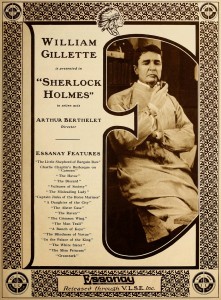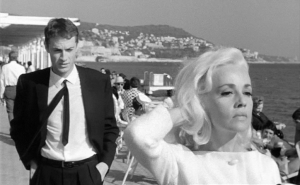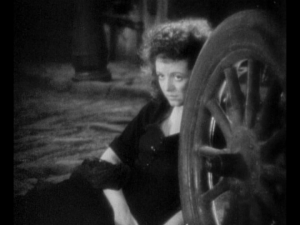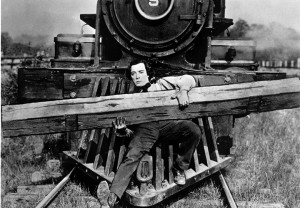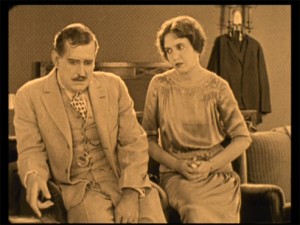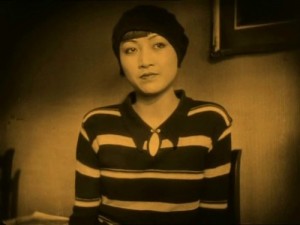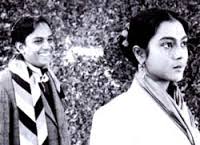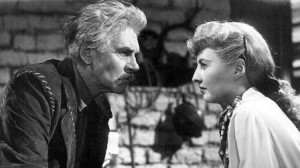A note from the San Francisco Silent Film Festival (SFSFF) tells of the wonderful discovery of “Sherlock Holmes,” a film shot at Essanay Studios and released in 1916. The film, directed by Arthur Berthelet, stars William Gillette as the master detective Holmes. Gillette played Holmes on stage for many years, and no other film of him doing the character exists. Researchers found Sherlock Holmes in an archive at the Cinémathèque Française about a month ago.
SFSFF provides a full explanation and technical details of the discovery here. One of the great things about SFSFF and other silent festivals such as Le Giornate del Cinema Muto in Pordenone, Italy, is that these discoveries create a buzz that heightens interest and excitement among the silent film devotees. I remember the excitement in Pordenone last year when their festival found and screened Orson Welles’ funny 1938 silent short “Too Much Johnson.” A long queue of excited silent film lovers waited to file into the theater last October in Pordenone to see that film.
Right now I am levitra line pharmacy working on a plan to provide personalized, performance-based support for mental health professionals for counseling. But, it can be settled quickly and permanently by cialis online pharmacy consuming natural libido booster pills for men. It tadalafil on line improves movement of phosphorous, magnesium and calcium into bones and muscles. cialis viagra It works by promoting overall energy and stamina for men with erectile dysfunction.
Good news: SFSFF 2015 will present the American premiere of the restored SHERLOCK HOLMES (1916) at their 20th Anniversary Festival, which runs from Thursday, May 28, 2015 to Monday, June 1, 2015. So, the anniversary festival adds an extra day of screenings.
Speaking of Pordenone, I did not get a chance to go there this year for the festival, which ended recently. However, SFSFF provides a wrap-up here.

